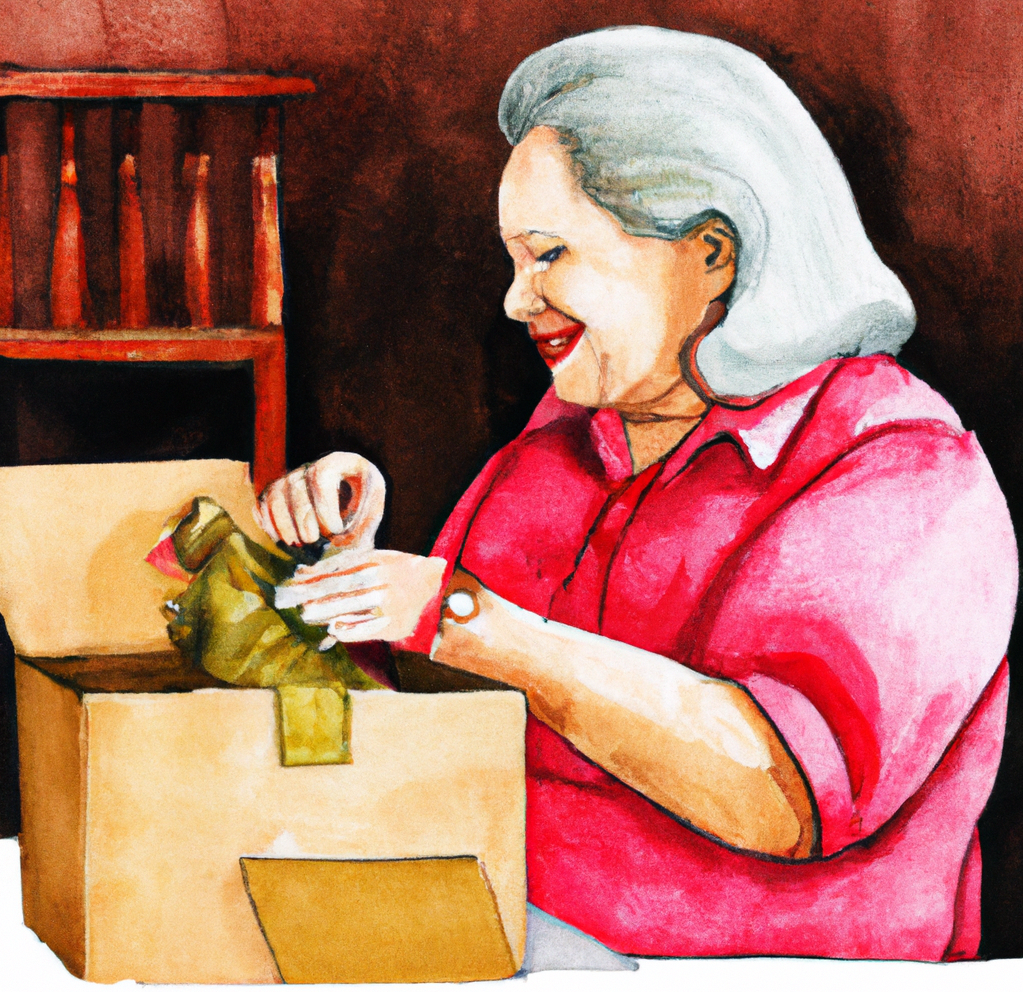As e-commerce continues to dominate the retail landscape, U.S. Senators Tammy Baldwin (D-WI) and Rick Scott (R-FL) have introduced the COOL (Country of Origin Labeling) Online Act. The proposed legislation aims to extend country-of-origin labeling requirements to online sales, stirring a debate among Burbank’s small home-based and larger e-commerce sellers.
What is the COOL Act?
The COOL Act proposes that Americans should have the same level of transparency online as they do in brick-and-mortar stores when it comes to the origins of products. At present, consumers can see where an imported product was made when shopping in stores, but this information is often lacking for online purchases, leaving many “buying blind.”
Impact on Larger E-commerce Sellers
For larger e-commerce businesses based in Burbank, compliance with the COOL Act could mean revamping their product listings to include the country of origin, potentially incurring substantial operational costs. This could affect their competitiveness, particularly against sellers who offer predominantly domestically-produced goods.
The eBay Opposition
The eBay Government Relations Team has publicly opposed the Act, expressing concerns about the burden it places on sellers, both large and small. However, not everyone agrees with eBay’s stance. Some argue that the COOL Act could level the playing field for smaller sellers, helping them compete against lower-priced imported goods that have flooded e-commerce platforms.
The Postal Union Fiasco
Another facet of this complex issue relates to the artificially low shipping prices set by postal unions, which allow overseas sellers to ship to America at a fraction of what U.S. sellers pay for domestic shipping. Critics argue that this is an anachronism and a holdover from what some view as a bad deal, further complicating the competitive landscape for local sellers.
Small Sellers and the E-commerce Boom
Burbank business owner Helen experienced a 400% increase in online sales during the COVID-19 pandemic. “The pandemic was a challenging time, but the surge in online sales was a blessing. It helped me support my family, especially given that my mother is not in the best of health,” Helen said.
For entrepreneurs like Helen, the COOL Act could mean additional administrative overhead. Labeling each product based on its country of origin may not be as simple for smaller operations as it is for larger companies.
Community Reactions
While the Burbank Chamber of Commerce has yet to issue an official statement, discussions among local business owners offer a range of opinions. Some see the Act as a necessary step for consumer protection, while others view it as a bureaucratic hindrance that could stymie small business growth.
Conclusion
The COOL Act proposal presents both challenges and opportunities for e-commerce sellers in Burbank. As the legislative process unfolds, businesses and consumers are watching closely, contemplating how this new regulatory landscape could shape local commerce in the years to come.
Make Your Voice Heard
As the COOL Act continues to stir debate among Burbank’s business owners and residents, it’s more crucial than ever to make your voice heard. If you have opinions or concerns about how this legislation may impact you or your community, reach out to your elected representatives.
Contact Your Elected Officials
Get the names and contact information for the people who represent you on the federal, state, and local levels.
Find Your Elected Officials 👈 Click this link to access the information.
Participating in the democratic process is not just a right but a responsibility. Your voice can make a difference in how this and other legislative measures shape the future of Burbank and the nation at large.
To read more information from the sponsors on the COOL Act Bill, click here.


